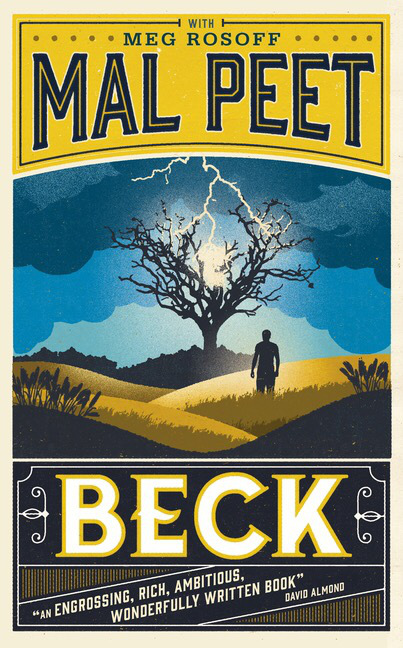 Links to previous posts include:
Links to previous posts include:
- Introduction: “Fighting Racism with the Gospel“
- Part 1: “Ending Racism with Counter-cultural Gospel Ministry“
- Part 2: “Ending Racism with Counter-Cultural Gospel Ministry: Part 2“
- Part 3: “Ending Racism: Rethinking the Suburban Church: Part 3“
- Part 4: “Six Core Values for Multi-Ethnic Ministry“
- Part 5: “Growing Pains in Multi-ethnic Ministry“
- Part 6: “The Nourishing of Multi-Ethnic Ministry“
Practical Conversation StartersToday’s Takeaways:Here are a few questions for beginning to get to know someone with a different background.
“What’s your favorite pie?” Your ethnic brother answers and then you say, “My wife and I would love to have you over for some ______________ pie. Does Friday night work for you?” “[Would you] tell me your story. How did you and your family arrive in the neighborhood?” How is worship in America different from your home country?” “What do you like most about your American experience?” “What do you miss most from your own culture?” Promoting a multi-ethnic leadership
Escerpts from my chapter
White churches are notorious for making their plans and then inviting participation of blacks in the agenda that whites have already established. [This should be repented of.] Churches need to work hard at creating opportunities to include other ethnicities in their decision-making and ministry-shaping plans. Look for people of color, (or in the black church, people of less pigment) who God might be raising up to leadership in your midst. Since it is impossible to over communicate anything in a church, senior leadership must keep telling the congregation of your intent to become multi-colored in your worship and fellowship.
Every person in the non-dominant culture of your church probably needs to be pursued if they are going to feel accepted as full participants in the ministry. The dominant culture, be it black, white, Asian or Hispanic, must pursue the culture you desire to include. They must be rushed as though they were freshman desired by a fraternity or sorority. You have to let them know that you want them. The minority culture is always asking the question, “Will I be accepted by this group?” The first step to answering that question satisfactorily in others’ minds is to pursue them aggressively and listen to them honestly.
The Importance of Books“Readers are leaders and leaders are readers,” is one of Saddleback Community Church pastor Rick Warren’s favorite slogans. Becoming truly missional requires new thoughts and perspectives. Fortunately, numerous new perspective-expanding books to suggest new wineskins for ministry. It would be hard to understate the value of these resources in seeking to develop a missional mindset toward multi-ethnic ministry. The books that I have found particularly insightful are included in a recommended reading list at the end of this chapter.
The list may be a little intimidating, so where should the novice begin? Struggling to learn how to do what God had called me to do, I ran into a book edited by Michael Emerson and Christian Smith called Divided by Faith. It was enthralling, frustrating, exciting, inspiring, thought-provoking and infuriating all at once. It shows how white churches, particularly suburban ones have often unintentionally made the racial divide in churches worse. It shows the barriers that must be breached and how easy it is to stumble even with the best intentions.
Frustrated but not ready to give up, I found the address of Dr. Emerson and sent him an e-mail to ask if I could set up a phone appointment to discuss the contents of the book. A date was set and the phone call made. I told him that his book was all of those things I noted in the previous paragraph. I also told him that I was not ready to quit on the multi-ethnic experiment. I just needed some pointers on which way to go with all of the information with which I had been challenged by in his book. Professor Emerson was understanding but frank. He said that he empathized with my struggle. He said that he and his co-author knew that the book would be discouraging to some but that their purpose was to uncover the difficulties and barriers to multi-ethnic ministry so that solid patterns of ministry could develop. He promised that in a second book, he and his co-authors hoped to make a case for how multi-ethnic ministry was biblical and worthy of pursuing, despite all the difficulties. That book has now been published under the title United by Faith.
Whenever someone asks, “How can I learn to do multi-ethnic ministry?” I tell them to start by reading these two books. Reading them is an education in its own right. You will also find yourself on your knees, which is the right place to begin a multi-ethnic ministry. Know that it will be difficult. Read as a learner. Read as a man or woman going into a foreign country. These resources are invaluable tour guides for multi-ethnic ministry and every minute invested in them will be paid back a hundredfold.





